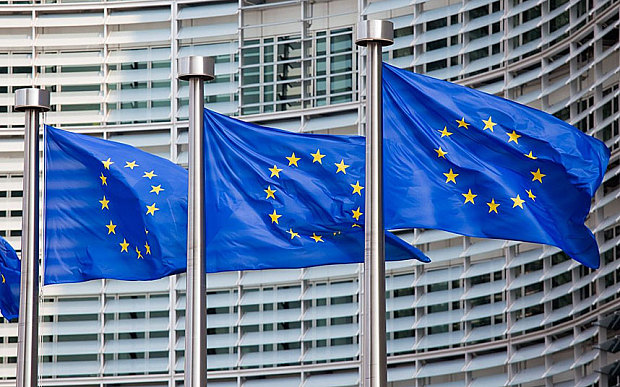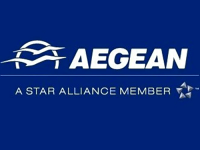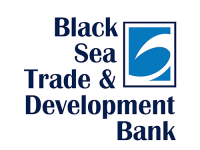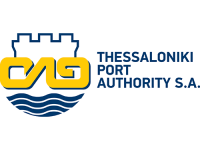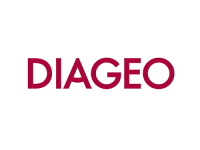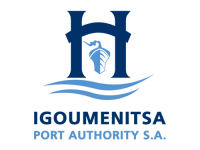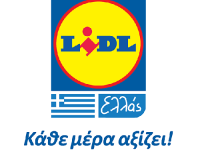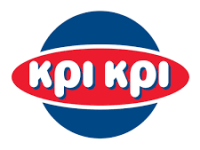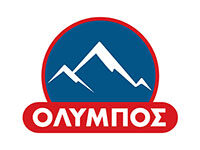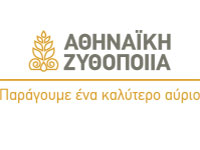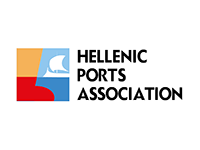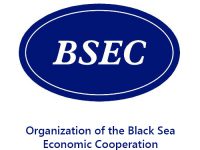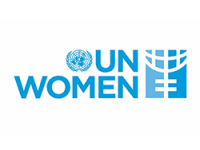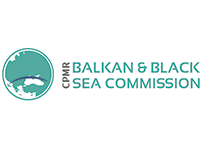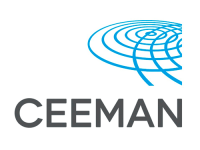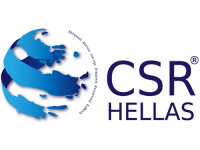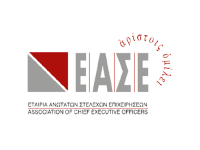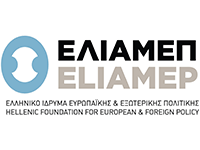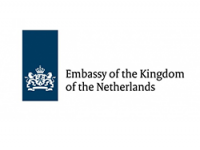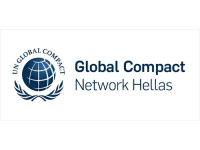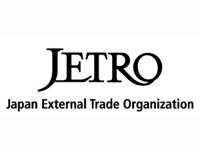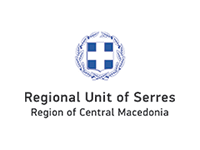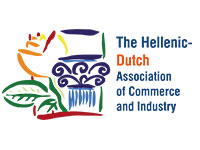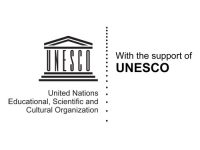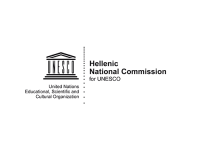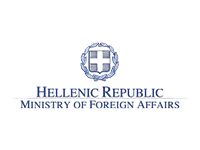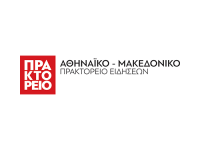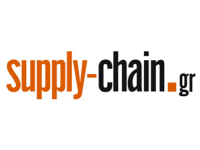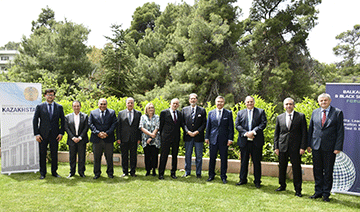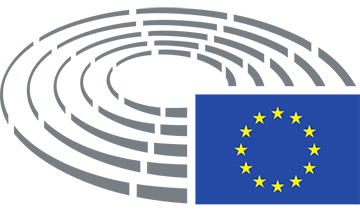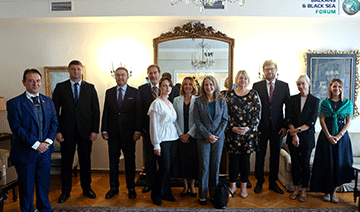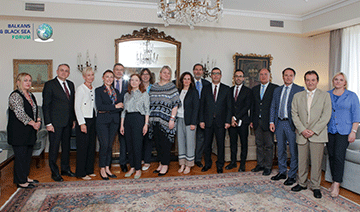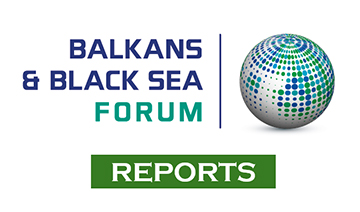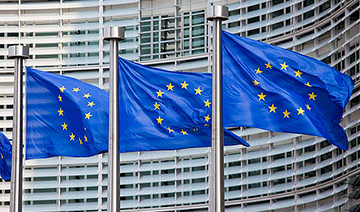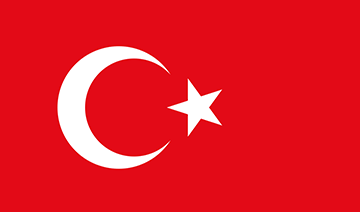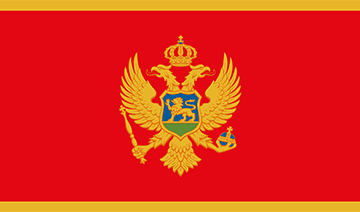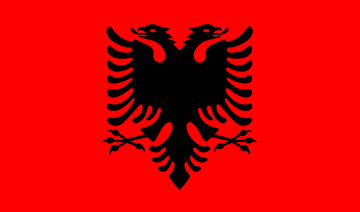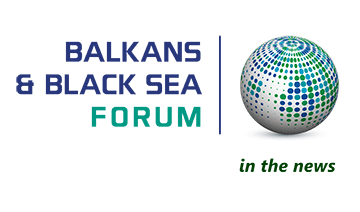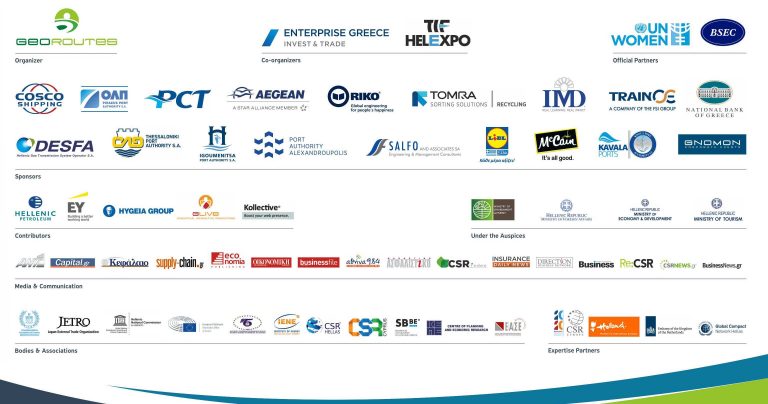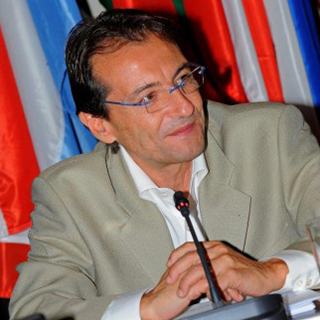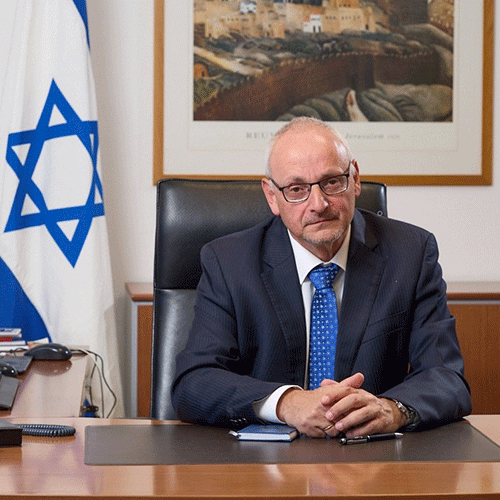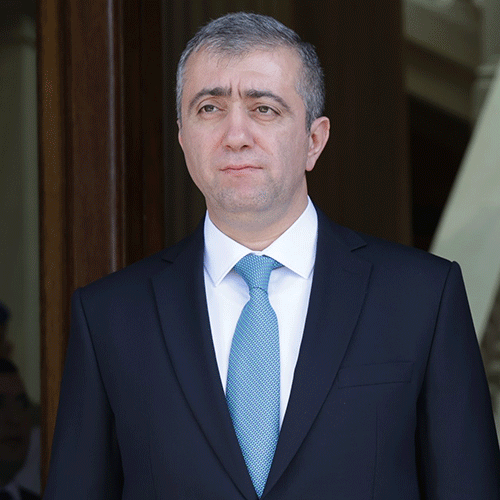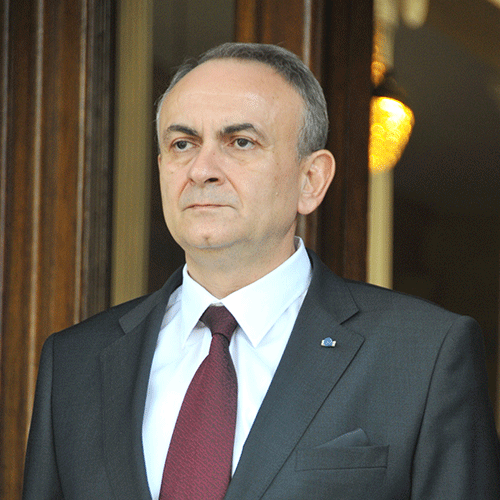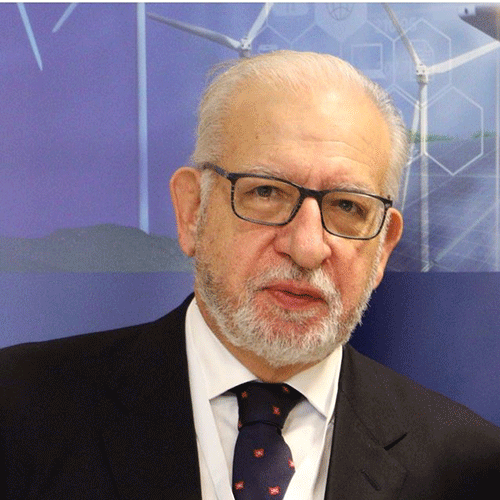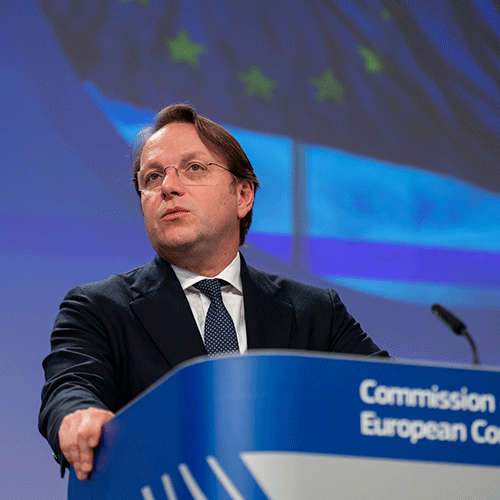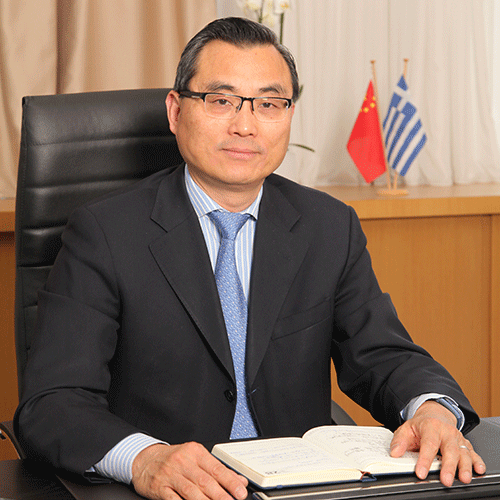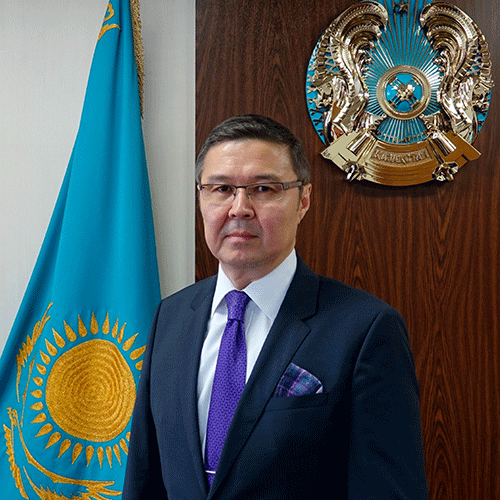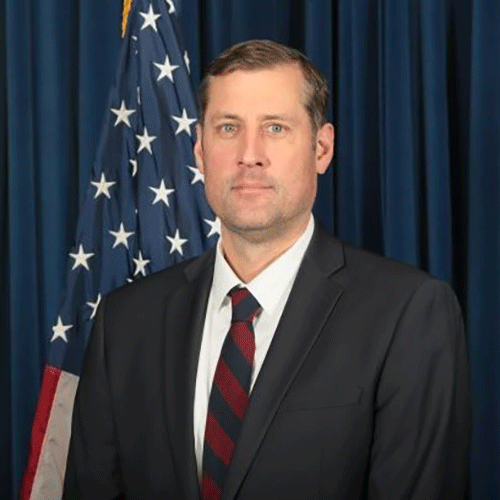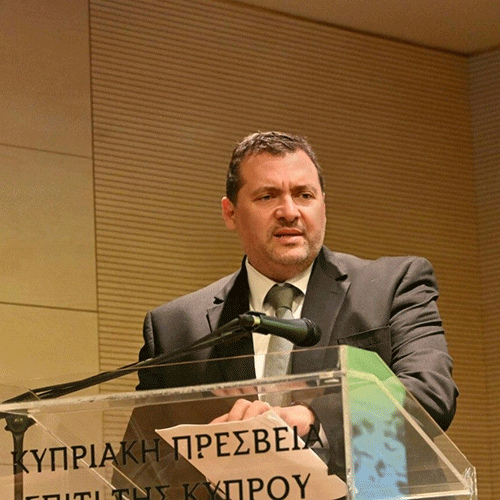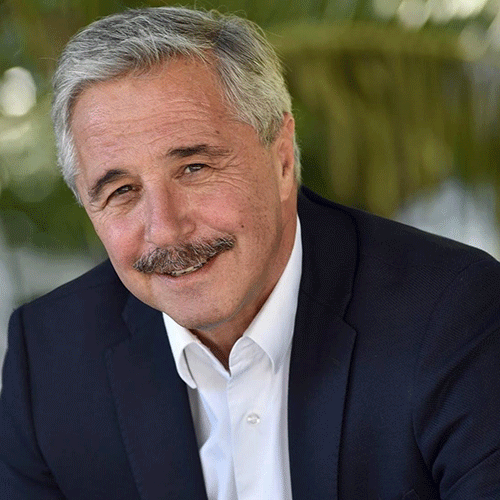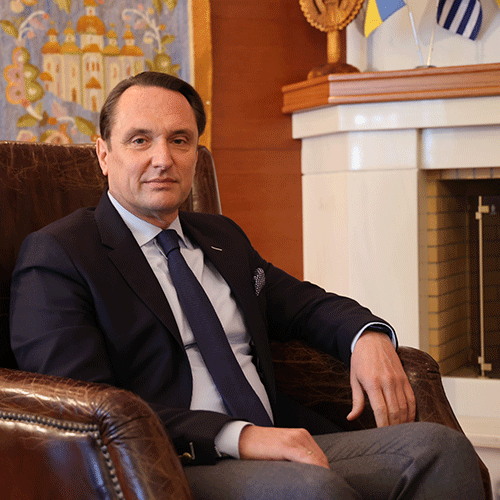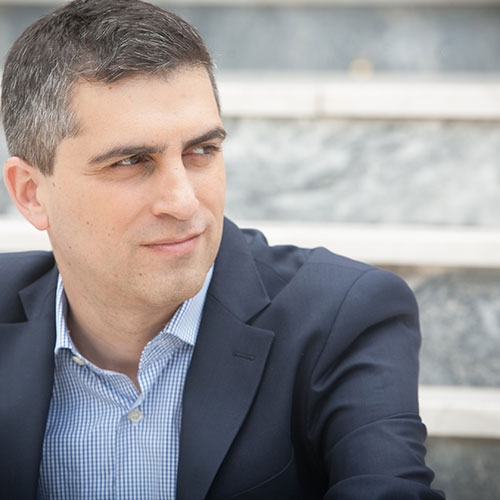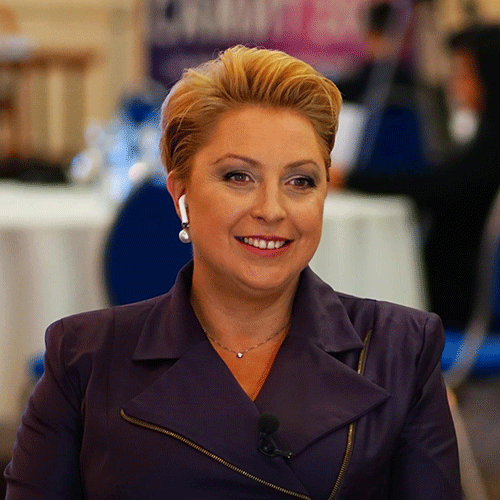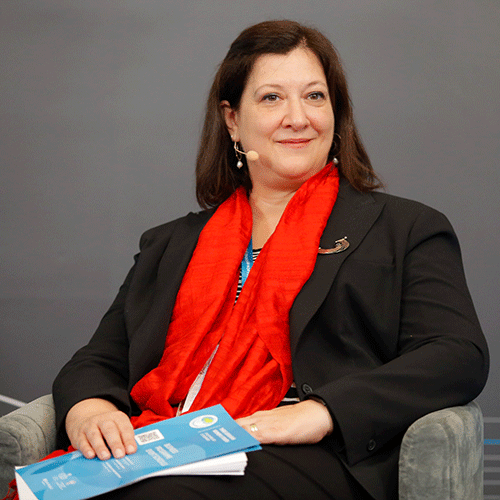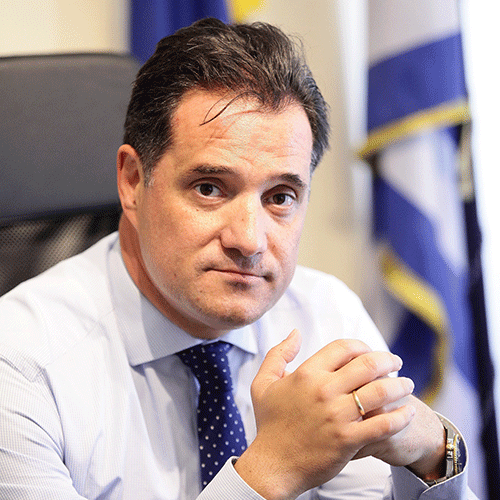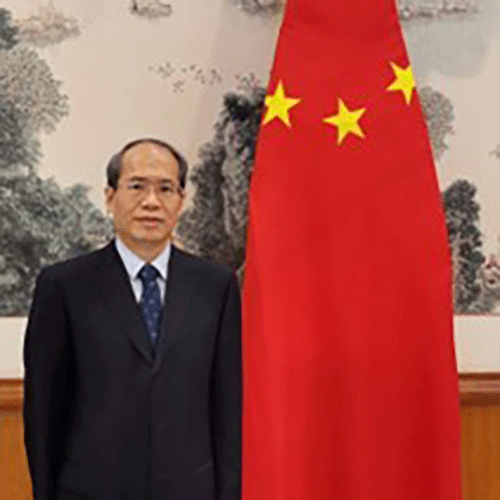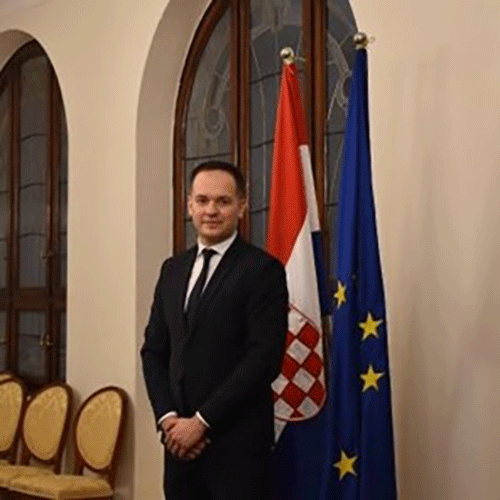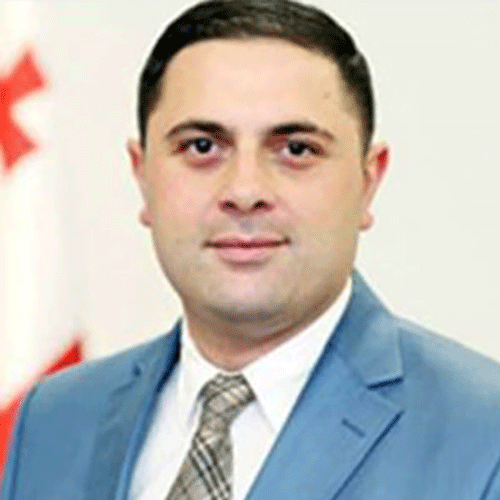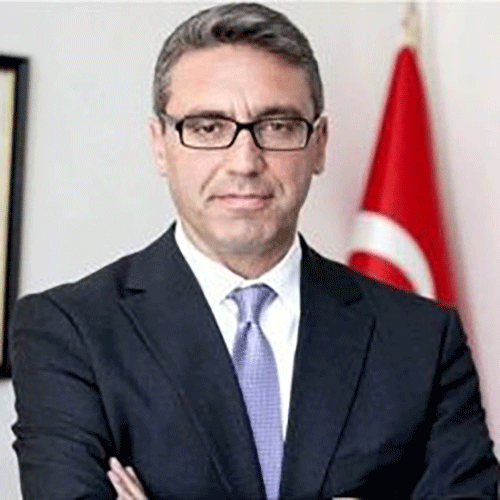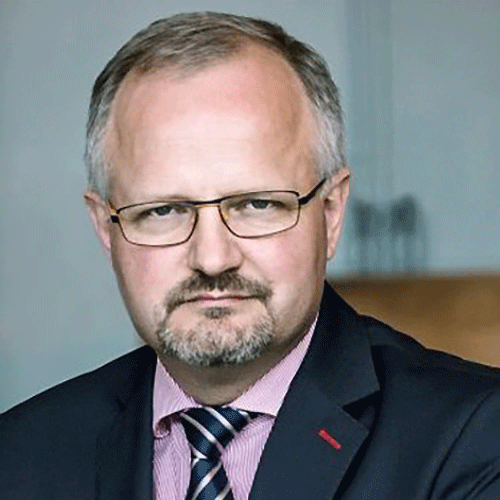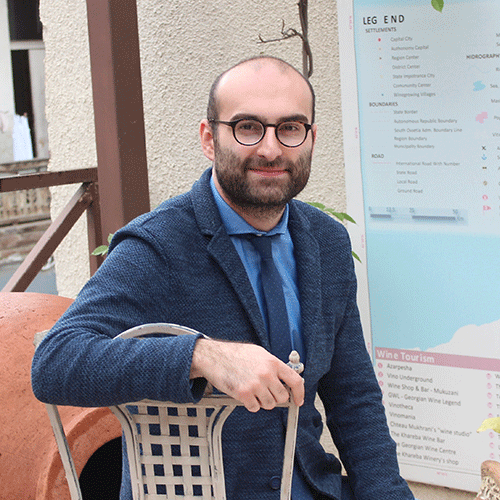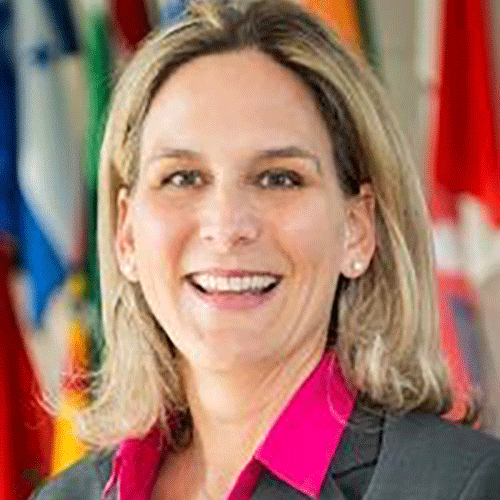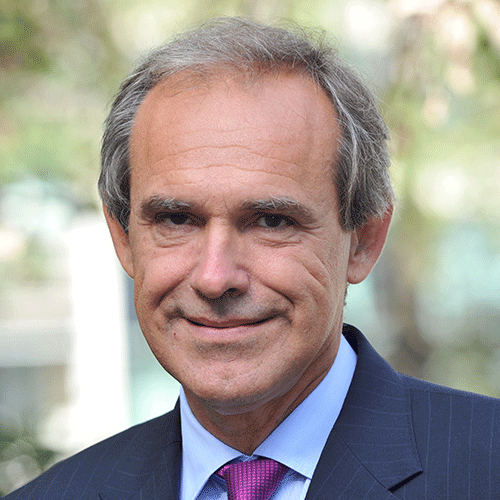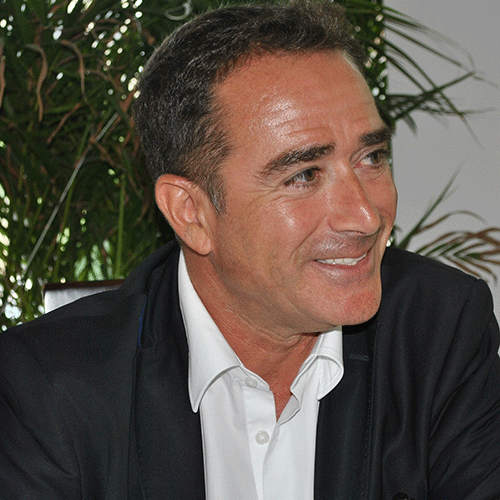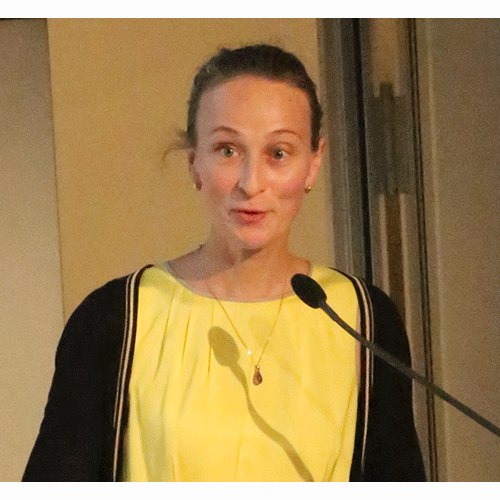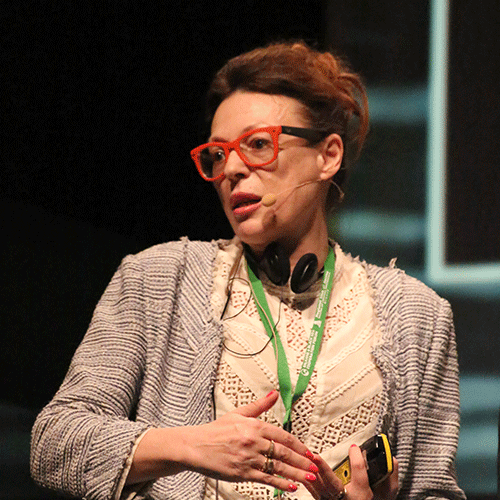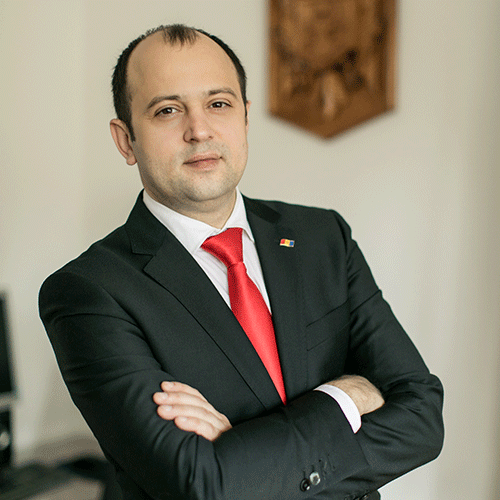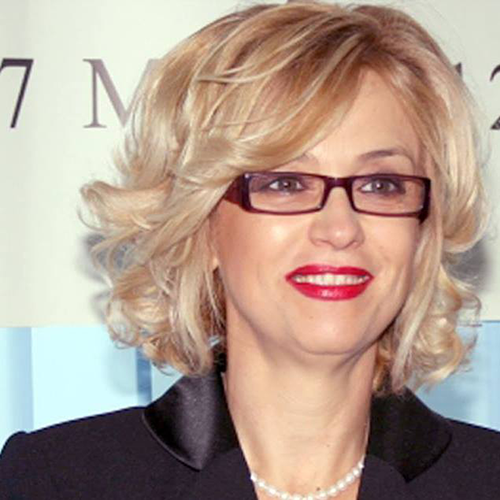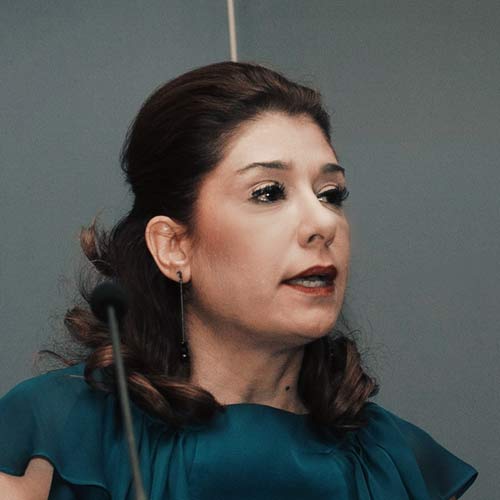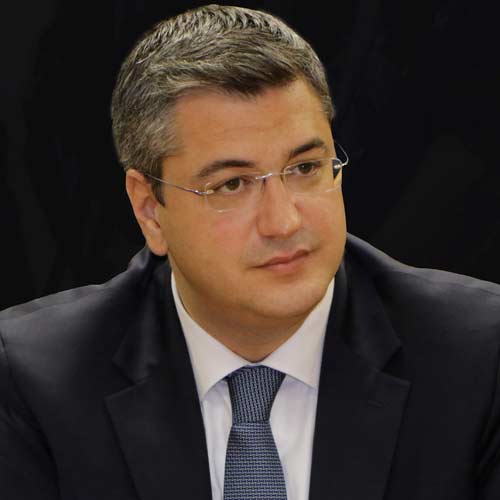Thank you for visiting the Balkans & Black Sea Forum web site (hereinafter referred to as BBSF). Balkans & Black Sea Forum is under the ownership and jurisdiction of Geo Routes Institute (www.geo-routes.com) which has taken care to protect your privacy, to safeguard the confidentiality of information which identifies you (‘personal information’) against unauthorized access, amendment or deletion. This Privacy Policy covers our treatment of the above, while you are on this site.
Cookies & Beacons: Cookies are text files placed in your computer’s browser to store your preferences. By themselves, do not tell us your e-mail address or other personally identifiable information unless you choose to provide this information to us. “Web beacons” or clear .gifs are small pieces of code placed on a web page to monitor the behavior and collect data about the visitors viewing a web page (eg. to count the users who visit a web page). We may use web beacons on this site for this and other purposes. If you want to configure your browser not to accept cookies, please adjust your browser accordingly or visit www.allaboutcookies.org.
Our Commitment to Security: We have put in place appropriate physical, electronic and managerial procedures to safeguard and help prevent unauthorized access, and maintain data security and use of the information we collect. This policy has been developed with the recognition that Internet technologies are rapidly evolving, and it is subject to change. We want you to be aware that BBSF is not responsible for the content or the privacy policies of websites to which there may be a link.
Users below 18 years old: in order to submit personal information or data, they must beforehand obtain the permission of their parents-guardians. If such permission doesn’t exist, they are not allowed to provide any information, nor use this website.
Getting in touch with us: If you have any questions or concerns about privacy and security, please contact us at info@balkansblackseaforum.org
Terms & Conditions: These general terms of use (together with the documents referred to) (“Terms of Use”) sets out the terms on which you may make use of this website under the domain name www.balkansblackseaforum.org (“Website”) whether as a guest or a registered user. It is understood that you have read these Terms of Use carefully before accessing the website. Using the website, you indicate that you accept these Terms of Use and that you agree to abide by them. If you do not agree, please refrain from using it.
1/ Introduction
1.1) You will be able to access most of the Website without registration. Certain areas are only open if you register, but should be possible to deny access to those areas of the Website, even to registered users.
1.2) BBSF may amend or revise its Terms of Use at any time without prior notice. Please check the Website to review the current Terms because they are binding on you. Expressly designated legal notices or terms may be located on particular pages on this Website and are ancillary to these Terms of Use.
1.3) In accordance with paragraph 7.1 connected BBSF websites that can be accessed via links from this Website, are subject to separate terms and conditions.
2/ User Registration
2.1) Certain sections of the Website are restricted. You must first register to become a Registered User before you can access those areas.
2.2) To become a Registered User you must provide a verifiable email address, complete all the required fields in the application form and read and accept these Terms of Use. BBSF will send you a confirmation email with your registration information. If you do not receive such a confirmation email you shall not be considered a Registered User and shall not have access to Registered User areas.
2.3) BBSF may in its sole discretion refuse your application to become a Registered User.
2.4) Each registration is for a single user only. If you are provided with a user ID, password or any other piece of information as part of our security process, you must treat such information as confidential and you must not disclose it to any third party.
2.5) BBSF has the right to disable any user ID code or password, whether chosen by you or allocated by us at any time, if in our opinion you have failed to comply with any of the provisions of these Terms of Use.
3/ Information about you on the website
BBSF processes information about you, as per the above-stated Privacy Policy. Using the Website, you consent to such processing and you warrant that all data provided by you is accurate.
4/ License
4.1) You are permitted to print & download extracts from this Website for your own personal use, provided that:
(a) no documents or related graphics on this Website are modified in any way;
(b) no graphics on this Website are used separately from the accompanying text; and
(c) BBSF copyright and trademark notices as shown on each web page appear on all copies. This permission will be revoked immediately if any of its terms are infringed.
4.2) Unless otherwise stated, the copyright and other intellectual property rights in all materials on this Website (including without limitation photographs and graphical images) are owned by BBSF or its licensors or its outsourcers. Any use of extracts from this Website other than in accordance with paragraph 4.1 above for any purpose is strictly prohibited. If you breach any of these Terms of Use, your permission to use this Website automatically terminates and you must immediately destroy any extracts from this Website.
4.3) Subject to paragraph 4.1 no part of this Website may be reproduced or stored on any other website or included in any public or private retrieval system or service without BBSF’s prior written permission.
4.4) Any rights not expressly granted in these Terms of Use are reserved.
5/ Service Access
5.1) BBSF is not liable if for any reason this Website is unavailable at any time or for any period.
5.2) Access to this Website may be suspended temporarily and without notice in the case of system failure, maintenance or repair or for reasons beyond BBSF control.
6/ Visitor conduct
6.1) Other than personally identifiable information which is covered by the Privacy Policy, above stated, any material that you transmit or post to this Website will be considered non-confidential and non-proprietary. BBSF has no obligations with respect to such material and will be free to copy, disclose, distribute, incorporate and otherwise use such material and all data, images, sounds, text and other things embodied therein for any and all commercial or non-commercial purposes. If you do not wish us to have the rights set out in this paragraph please do not transmit or post any material or submit any contributions to the Website.
6.2) You are prohibited from submitting, posting or transmitting to this Website any material which:
(a) is unlawful, harassing, threatening, defamatory, harmful, profane, indecent, offensive, pornographic, abusive, liable to incite racial hatred, discriminatory, in breach of confidence, in breach of privacy or which may cause annoyance or inconvenience;
(b) violates a patent, trademark, copyright, trade secret or other intellectual property rights of others or for which you have not obtained all necessary licenses and/or approvals;
(c) constitutes or encourages conduct that would be considered a criminal offense, give rise to civil liability, or otherwise be contrary to the law or infringe the rights of any third party, in Greece or any other country in the world;
(d) constitutes any form of marketing; or
(e) is technically harmful (including, without limitation, computer viruses, logic bombs, Trojan horses, worms, harmful components, corrupted data or other malicious software or harmful data).
6.3) You must not misuse the Website (including without limitation, hacking).
6.4) Violation of this section may lead to legal action being taken against you by the authorities or an aggrieved third party. BBSF will fully cooperate with any law enforcement authorities or court order requesting or directing us to disclose the identity or locate anyone submitting, posting or transmitting any material in breach of this section 6.
6.5) You shall fully indemnify BBSF for any loss or damage suffered by for breach of paragraphs 6.2 or 6.3.
7/ Links to and from other websites
7.1) Connected BBSF websites that can be accessed via links from this Website, are subject to separate terms and conditions. You must therefore read those terms and conditions carefully before using those sites.
7.2) Links to third-party sites on this Website are provided solely for your convenience. BBSF makes no representations as to the security, quality or propriety of any site which may be accessed through this Website and accepts no liability for the content or for any loss or damage caused or alleged to have been caused by the use of or reliance on information contained in such sites or goods or services purchased from them. If you access any of the third-party sites linked to this Website, you do so entirely at your own risk.
7.3) If you would like to link to this Website, you may only do so on the basis that you link to, but do not replicate the home page of this Website, and subject to the following conditions:
(a) you do not remove, distort or otherwise alter the size or appearance of the BBSF logo;
(b) you do not create a frame or any other browser or border environment around this Website;
(c) you do not in any way imply that BBSF is endorsing any products or services other than its own;
(d) you do not misinterpret your relationship with BBSF nor present any other misleading information about us;
(e) you do not otherwise use any BBSF trademarks displayed on this Website without our written permission
(f) you do not link from a site that is not owned by you and
(g) your site does not contain content that could reasonably be construed as distasteful, offensive or infringes any intellectual property rights or other rights of any other person or otherwise does not comply with all applicable laws and regulations.
7.4) BBSF expressly reserves the right to revoke the right granted in paragraph 7.3 for any breach of these Terms of Use and to take any action it deems appropriate.
7.5) You shall fully indemnify BBSF for any loss or damage for breach of paragraph 7.3.
8/ Disclaimer
8.1) The communication of information and service on the Website provided by either third parties or BBSF is not intended for distribution to, or use by, any person or entity in any jurisdiction or country where such distribution or use would be contrary to local law or regulation.
8.2) While BBSF endeavors to ensure that the information on this Website is correct, BBSF does not warrant the accuracy and completeness of the material on this Website. BBSF may make changes to the material on this Website at any time without notice.
9/ Warranty and Liability
9.1) This Website is provided “as is” for information purposes only and BBSF gives no warranties of any kind either express or implied in respect thereof. Specifically, but without limitation, BBSF does not warrant that:
(a) you will be able to use this Website or that it will continue to be made available in its current or any other form;
(b) this Website or any material of whatsoever nature available on or downloaded from it will be free from viruses or defects, compatible with your equipment or fit for any purpose.
9.2) It is your responsibility to use suitable anti-virus software on any material that you may download from this Website and to ensure the compatibility of such software or material with your equipment, or any content or information published on this Website is accurate or complete.
9.3) The editorial content of any other site to which you have gained access by means of any hyperlinks published on the Website remains the responsibility of the provider of that other website.
9.4) All warranties which would otherwise be implied by law are hereby excluded.
9.5) BBSF will not be liable to you, whether for negligence, breach of contract or otherwise, for any loss or damage of whatsoever nature suffered by you (including without limitation, direct loss or damage, indirect or consequential loss or damage, loss of goodwill, loss of business opportunity, loss of data or loss of profit), arising from:
(a) any computer virus or other bug transmitted through this Website;
(b) your use or inability to use this Website at any time and any failure by BBSF to provide this Website;
(c) your use of and/or reliance on other sites to which you have gained access by means of hyperlinks published on this Website;
(d) any inaccurate information published on this Website;
(e) your failure to comply with any law or regulation that is applicable to you; or
(f) your reliance on any information published on this Website.
9.6) You should note specifically that information might be published on this Website that may not be appropriate for your specific purposes or circumstances. If you are in any doubt as to who you should contact, please be addressed to info@balkansblackseaforum.org
10/ Enforcement
The failure by BBSF to enforce any term or condition of these Terms of Use shall not be deemed as a waiver of the right to enforce such term or condition.
11/ Jurisdiction
These Terms of Use and all matters arising from or connected with them are governed by and construed in accordance with Greek law and the Greek-Athens-based courts will have jurisdiction over any claim arising from, or related to, a visit to this Website.


